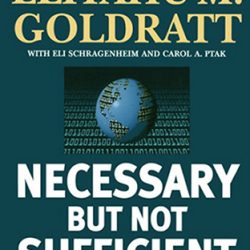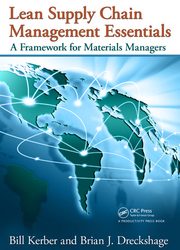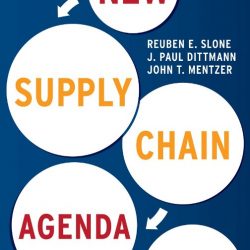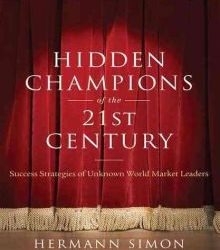Necessary but not sufficient

A great deal has been published about Baan Company, in many different media. The best-known book is the one by Mark Houben and Jeroen Wester of the Dutch newspaper Het Financieele Dagblad, which gives an illuminating overview of the issues with Baan. ‘Baan – Opkomst en Ondergang van een Software Bedrijf’ (Baan– Rise and Fall of a Software Company) describes in chronological order and in very understandable terms the incomprehensible practices of this company. The authors mention the failed attempt at a coup by Jan Baan, which he had planned in October 1998 together with logistics guru Eliyahu Goldratt, to try and save the company. This explains that Goldratt’s novel ‘Necessary but not sufficient’ is actually about the way Baan Company might have developed, had the coup been successful.
The protagonist of this book is Scott Duncan, CEO of the ERP supplier BGSoft. Every quarter, his listed company has to give forecasts of percentile growth in the double digits. In November 1998, Scott notices that one of their competitors is hit by negative financial growth and is forced to fire six hundred people. Is the entire ERP industry grinding to a commercial halt? The way out for BGSoft is selling value: BGSoft customers are not required to pay until the pre-calculated savings targets are met.
Two years ago the Dutch film ‘De Uitverkorene’ (the chosen one) came out, a fiction film that was clearly inspired on the lives of the brothers Jan and Paul Baan. This powerful film shows how all kinds of conflicts of interest can suddenly arise when people’s work, faith and private lives become too closely intertwined. The company in the film will surely go down, just as Baan Company did in 1998. Dutch actor Pierre Bokma won an International Emmy Award for his performance as one of the two brothers.










